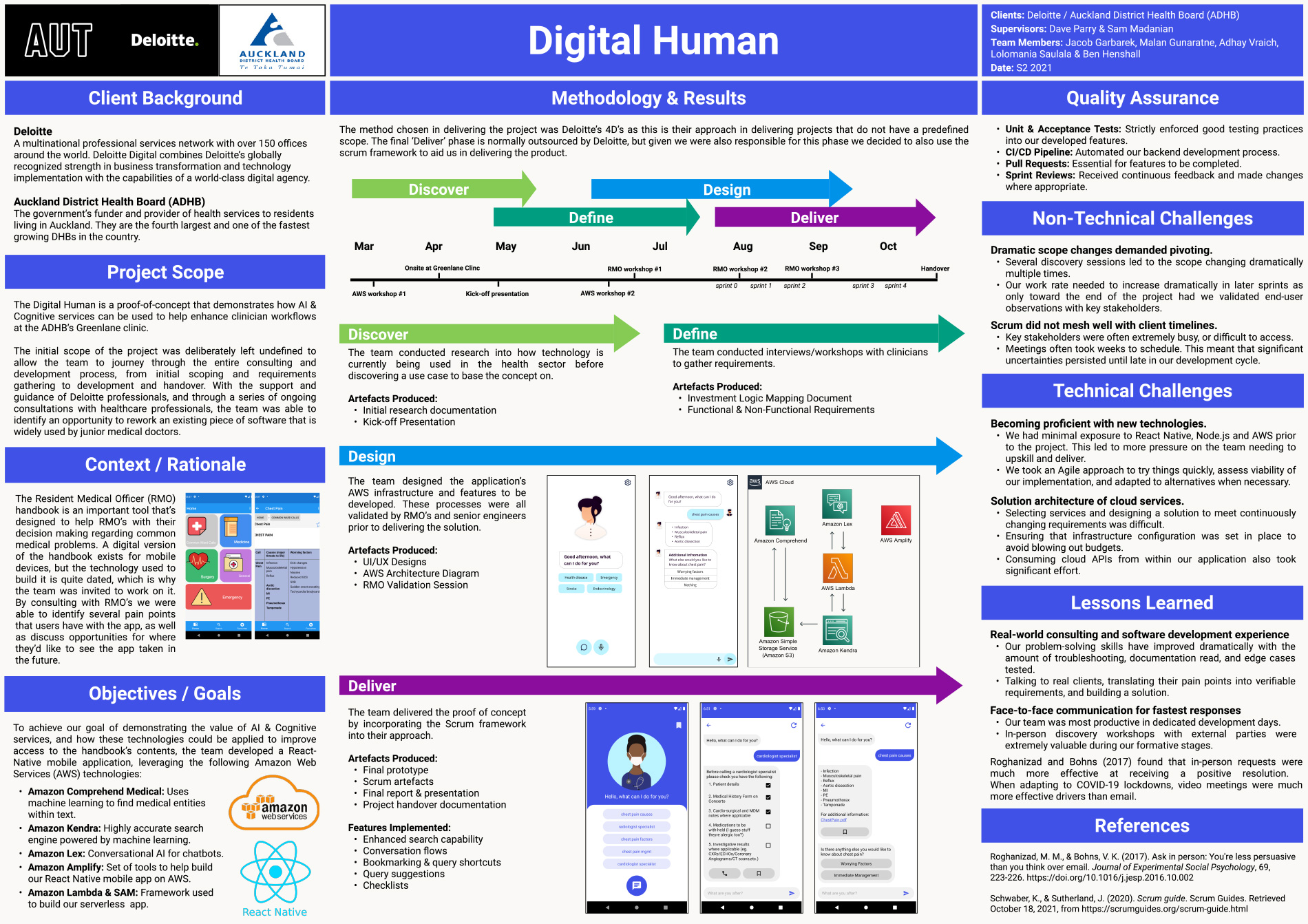Projects
Quake 3 Server Status API
q3query | WIP
Quake 3 servers use UDP for network communication. I’m writing a web service to make it easier to access a server’s status (player counts, map, live score, and other game settings) via a REST API.
This will be complemented with a simple web frontend, and a Discord bot to serve timely updates to a channel/on demand with a slash command.
There are plenty of opportunities to leverage Go’s concurrency features in this project, and I’m excited to continue building with it here.
Looking forward to releasing this soon!
Static Site Generator
Powering henshall.dev | Source on GitHub.
My little slice of the internet is powered by a custom Go application that turns hand-written markdown into static HTML and CSS.
It runs on Cloudflare Pages. I use GitHub Actions workflows to continuously integrate changes and deploy updates. golangci-lint is used in parallel to catch bugs and improve consistency.
I largely stuck to a test-driven-development (TDD) approach for this project, enjoyed the iteration loop, and felt that my code was easy to work with throughout the process.
Good things:
- I know how everything works.
- I use a handful of robust libraries like goldmark and go-yaml; rather than depend on a whole framework.
- Everything is really quick: content authoring, CI/CD pipelines, page load times, etc.
- Core SEO features are built in from the get-go.
- If I want to do something, I get to build it
=]
However…
- If I want to do something, I have to build it
=[
Medical Metadata Pipeline
rmo-meta-util
Part of a year-long R&D co-op project with Deloitte and Auckland District Health Board to:
Explore how innovative AI & cognitive services could be used to enhance clinician workflows for Resident Medical Officers (RMOs).
RMOs use a quick-reference handbook application when meeting patients. Sessions with RMOs and ADHB staff established the handbook as an area ripe for improvement.
My focus was on rmo-meta-util, a stripped-back demonstration of a content pipeline.
What is the value?
-
Almost every clinican interviewed complained about search.
-
Search queries to in our demo app are now filterable and facetable, resulting in a direct improvement to a clinician’s workflow.
-
We demonstrated how querying Kendra is a lot more flexible than exact-match string searches, which came across positively in a feedback session.
-
Metadata improves the relevance of Kendra’s search results.
-
-
RMO Handbook maintainers complained about a slow, yearly cycle to update content, supplementing this with paper printouts as information changed.
- A frontend to our bucket would allow maintainers to get information out as it develops, while also keeping knowledge in one central place.
How does it work?
- Uploading a page of the RMO handbook to an
S3bucket triggers a Lambda function. - The Lambda passes content through to
Comprehend Medical, an NLP service for entity extraction. - Entities are extracted based on the following categories:
"ANATOMY", "MEDICAL_CONDITION", "MEDICATION", "TEST_TREATMENT_PROCEDURE". - A number of entities over a relevance threshold are structured into custom attributes for use in
Kendra.
 |
|---|
| Winner of the 2021 Fisher and Paykel Healthcare Excellence Award for Best R&D Project Poster. |